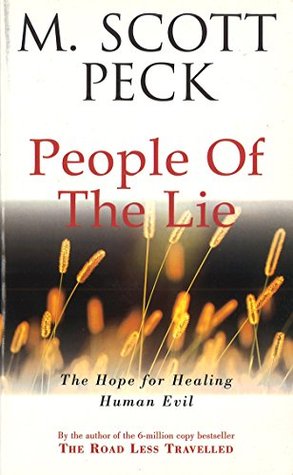More on this book
Kindle Notes & Highlights
When confronted by evil, the wisest and most secure adult will usually experience confusion.
This is because the central defect of the evil is not the sin but the refusal to acknowledge it.
In other words, evil deeds do not an evil person make.
They believe in what is true rather than what they would like to be true.
we cannot choose freedom. There are only two states of being: submission to God and goodness or the refusal to submit to anything beyond one’s own will—which refusal automatically enslaves one to the forces of evil.
The evil deny the suffering of their guilt—the painful awareness of their sin, inadequacy, and imperfection—by casting their pain onto others through projection and scapegoating.
By their nature the evil inspire in us more of a desire to destroy than to heal, to hate than to pity.
Satan also does not understand science. Science is an antinarcissistic phenomenon. It assumes a profound human tendency to self-deception, employs the scientific method to counteract it, and holds truth higher than any personal desire. Deceiver of itself as of others, Satan cannot understand why any beings would not want to deceive themselves.
Treated with indignity, we lose not only the sense of our own dignity but also the sense of the dignity of others.
We may think of evil, then, as a kind of immaturity. Immature humans are more prone to evil than mature ones.
The truly good are they who in time of stress do not desert their integrity, their maturity, their sensitivity.
As I have said elsewhere, ‘one measure—and perhaps the best measure—of a person’s greatness is the capacity for suffering.’


